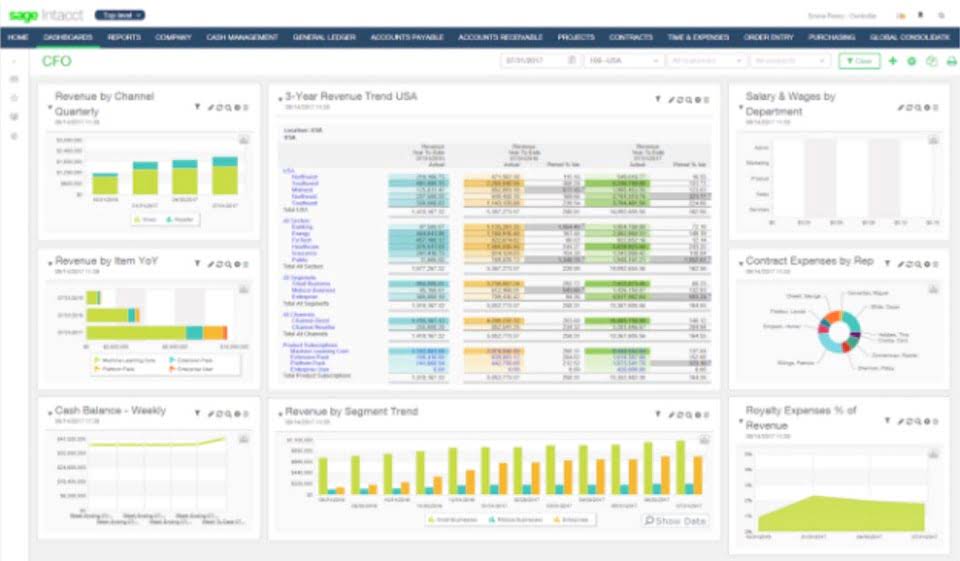Your cart is currently empty!
Cash Management vs Treasury Management: Whats the difference

Until recently, a company looking to upgrade from manual cash management processes and potentially add other treasury activities faced limited options, other than investing in a fully-fledged TMS. The emergence of cloud-based SaaS platforms like Atlar is shifting this dynamic. These modern treasury platforms, the successor to the TMS, offer a more cost-effective, user-friendly route into treasury tooling without compromising on advanced functionality like cash flow forecasting. Next are the ERP treasury modules offered by systems like SAP S/4HANA and Oracle’s NetSuite.

Treasury Bills: FAQs
US Treasury Bills, commonly known as T-Bills, are certificates of debt issued by the United States government that have a maturity date of one year or less. Despite lower yields compared to other investments, T-Bills are highly regarded due to their backing by the US government, ensuring their safety and reliability. Because Treasury Bills are backed by the full faith and credit of the US government, T-Bills are considered to be one of the safest investment vehicles available. They can easily be sold in the secondary market, providing investors with quick access to cash if needed. They are required to participate in each auction and make competitive bids, ensuring the successful sale of each issuance.

Maturity
The 4-week, 8-week, 13-week, 17 week, 26-week, and 52-week bills are available in TreasuryDirect. The $50 difference between the $950 purchase price and the $1,000 face value is considered the interest. The price of the Treasury note can change based on the auction results. But this is also the case for people, institutions, and governments the world over, meaning they don’t just provide stability to U.S. investors but to markets worldwide. Explore Ramp’s solutions today for free and see how we can help you build a healthier, more efficient business.
When to Hire an Accountant vs. Bookkeeper

Cash Management Bills (CMB) are issued by the federal government as short-term securities to compensate for the lack of available cash. The authorities who work on monetary policy and the management of the money supply have access to a great deal of freedom with such laws. Therefore, interested people can utilize them as rapid investments, although institutional investors are the key players in selling such securities since the lowest price is usually rather high. Our online banking and money management platform puts you in complete control of your cash flow. Accept deposits from your favorite payment processor and payments via ACH, wire or check. Organize and allocate income for day-to-day expenses and payroll with up to 20 checking accounts Bookkeeping for Chiropractors and automate transfers into each account using dollar amounts or percentages.

What if an auction results in a price that’s not exactly to the penny?
- Please be aware that this might heavily reduce the functionality and appearance of our site.
- For example, offering early payment discounts can incentivize customers to pay their invoices sooner, thus speeding up your cash inflows.
- This assurance makes them appealing to risk-averse investors seeking to preserve their capital while earning a modest return.
- Treasury bills, with maturities of one year or less, are ideal for short-term investment.
- T-bills are often used for short-term cash management or as a near-cash holding in a portfolio.
- Treasury management gives your organization a much broader view of long-term financial planning, investment strategies, and risk management.
The team uses the report to validate the company’s cash position prior to making key business decisions, such as whether to hire new staff or invest in product development. In contrast, treasury management in financial institutions handles wider financial strategies. At the highest level, treasury management is about managing, protecting, and optimizing a company’s money. This includes the cash held in a company’s bank accounts but potentially also other financial assets, such as investments, and liabilities such as debts or accounts payable. Integrated Cash Logistics and our comprehensive solutions can help your business optimize both cash and treasury management.

- Each auction cycle, a non-competitive bid amount will be specified, and the equivalent interest percentage will be listed.
- The report suggested that the treasury’s Use of Cash Management Bills has improved, but Other Options Could Reduce Costs Even Further That Should Be Investigated.
- A broker or bank typically handles secondary bond market sales, and there are waiting limits for T-bills purchased through Treasurydirect.com before they can be sold in this manner.
- Investors can have their federal tax refund deposited into their TreasuryDirect account to buy securities.
- Understanding the difference can help you make better financial decisions for your company.
- If there’s a risk of cash depletion, cash management can make it easier to balance cash flow and replenish funds.
T-Bills are characterized by their low risk, making them a safe investment option for risk-averse individuals and institutions. They serve as a source of short-term financing for the government and offer liquidity management for banks. Treasury CARES Act Bills (T-Bills) are short-term debt instruments issued by the US government with a maturity date of one year or less. They are sold at a discount from their face value and provide a fixed interest rate. Treasury bonds, bills, and notes provides a measure of safety and convenience, given the ease of using TreasuryDirect today.
- The aim is to identify and address any risks that could significantly impact the business goals.
- Because the lifespan of a T-Bill is so short, they do not incur regular interest payments.
- They come with maturities of 20 and 30 years, and they pay interest to the holder every six months until maturity, at which point the face value of the bond is also returned.
- In accounting, goodwill is an intangible asset recorded when one company buys another for more than its fair market value.
- The par value (face value) is stated as $1,000, and you paid a discounted rate of $950.
- Think of it as your long-term strategy for financial stability and growth.
Treasury Bills vs Bonds vs Notes FAQs
As cash forecasting grows in complexity, operational decisions regarding what banking services to use also become the duty of the cash manager. As long as a company has sufficient excess cash, inaccurate forecasting is not a problem, but when a bank has to provide credit, this will cost the company money in extra fees and interest expenses. This sort of error in cash management can be especially painful if treasury and cash management the company has invested excess cash in the expectation that it has sufficient funds to pay the bills. It is also the job of the cash manager to identify excess cash and invest it for short-term gains. On top of all this, the cash manager must also deal with foreign exchange.
Αφήστε μια απάντηση